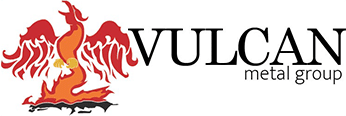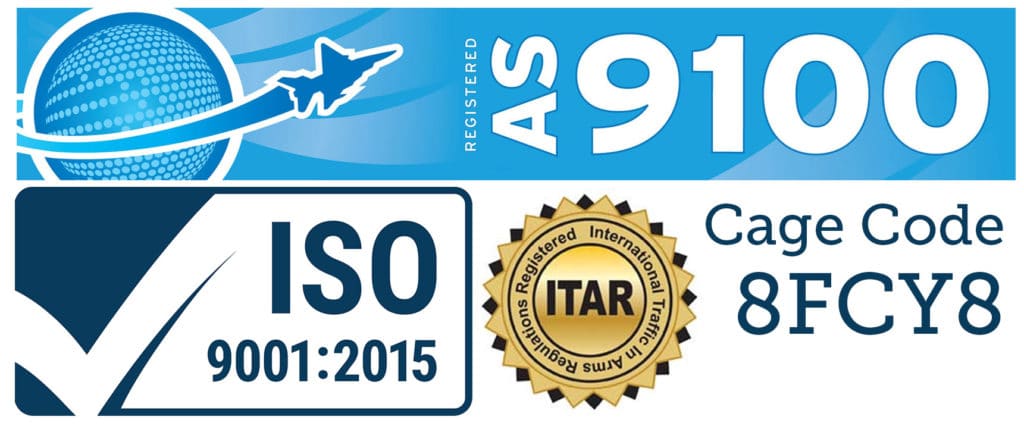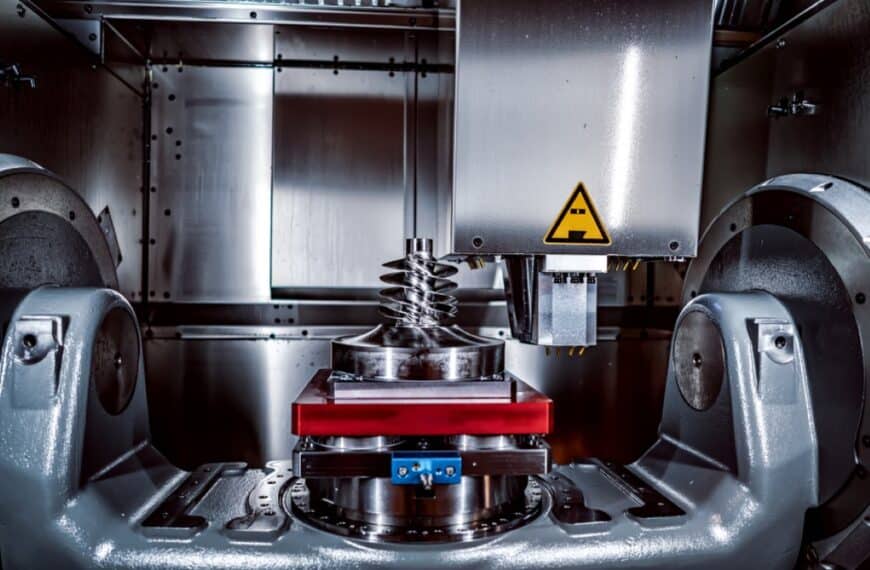Specialty and Refractory Metal Resources
Custom CNC Milled Parts for Rapid Prototyping and Production
Whether you need one part or a hundred, we can help deliver to spec CNC milling, turning and other machining ensuring that your project stays on track and on budget. We offer a wide range of CNC milling services, including custom prototyping, production parts, jigs and fixtures, tooling, and reverse engineering.
Specialty Metals’ Contribution to Sustainability
Refractory & Specialty Metals’ Contribution to Corporate Sustainability Targets The use of refractory and specialty metals are projected to increase exponentially as innovation and demand for electronics, medical device and mil-aero products increase.
Understand Your Molybdenum Options
When it comes to high-temperature applications, molybdenum offers a better combination of performance and price point than any of the other refractory (high-temperature) metals.
Tools & Fluids for Refractory & Specialty Metals Machining
When asked to machine parts made from refractory metals, there’s a good chance they’re for use in aerospace and defense, electronics, or medical device industries. Machining these rugged materials to exacting specifications presents challenges that necessitate high-end equipment, highly skilled machinists, and experience.
Specialty Metals Traceability Check Points & Best Practices
Specialty metal purchases need to meet the highest traceability, inspection, and quality standards. Whether working with new local or international vendors or tried-and-true sources, it is imperative that materials are verified and laboratory tested for chemistry, mechanical and physical properties as they move through the supply chain.
Do’s and Dont’s With Refractory Metals
Thermal shock, oxidation & chemical reactions, physical shock & stress – all these issues can affect the manufacture and subsequent quality of refractory metal machined parts. Take a few tips from our experts to avoid mistakes. Here is a checklist to ensure your parts turn out as you want them.
Machining Refractory Metal Basics
Machining Refractory Metal Basics “90% of machinists cannot machine molybdenum and harder nickel alloys. Only highly skilled machinists with the right tools and cutting oils are capable of machining materials like moly, nickel, and other specialty metals.”
Four Things About Molybdenum Before You Source Parts
For many uses in aerospace, defense, energy, and medical diagnostics, molybdenum offers high performance and practicality. It is a good fit for high temperatures, hard vacuums, and strong, lightweight applications.


